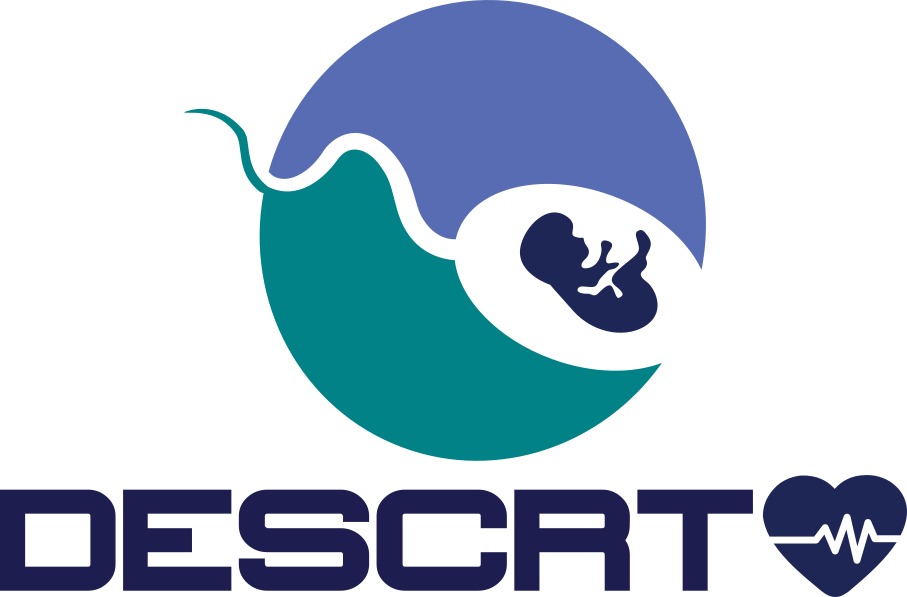Why this study is unique
Over the last two decades, the number of children conceived with the assistance of reproductive technologies has dramatically increased. In the U.S., 1.5% of children are born from assisted reproductive technologies (ART) such as IVF (1). Many more have been conceived with non- IVF (NIFT) treatments such as clomid or letrozole intrauterine insemination. Only limited data exist on the long-term medical, cognitive, emotional and behavioral outcomes in children, and even less data are available comparing health risks based on specific ART and NIFT methods.
Here at the UCSF Center for Reproductive Health, we are particularly interested in the metabolic outcomes in children born with the assistance of reproductive technologies.
Animal Data
Research conducted by UCSF clinician scientists has demonstrated that mice conceived through IVF had altered placental metabolism and efficiency. The placenta is the organ that develops along with the fetus to feed and oxygenate the growing fetus in utero (2). It is well known that alterations to placental growth and function can have long term impacts on the health of the offspring.
Human Data
Current evidence from the study of 233 IVF children ages 8–18 and a similar number of age- and gender-matched spontaneously-conceived controls born to subfertile parents in the Netherlands, suggested IVF children had significant increases in peripheral body mass and percentage of peripheral fat compared to controls, as well as a trend toward a higher percentage of total body fat (3). However, the data is mixed with some studies suggesting that differing pregnancy and health outcomes in children may be due to treatment and other studies suggesting that it may be attributable to subfertility or infertility itself.
We want to help patients build happy and healthy families. While the current reproductive services provided have been proven to be generally safe, we need to know more about the reproductive technologies used to ensure the best outcomes for you and your future family. The UCSF Center for Reproductive Health (CRH) is in a unique position to establish a cohort study to examine long-term risks of IVF and NIFT due to its large patient population, state-of-the-art electronic database capturing relevant clinical and treatment data, and strong trans-disciplinary team of scientists from the fields of epidemiology and biostatistics, reproductive endocrinology and pediatric endocrinology.
How you can help
In research, the more data that exists, the more likely it is that subtle differences can be detected. Therefore, we are seeking to enroll thousands of patients in DESCRT which is funded through the National Institutes of Health (NIH). There has never been a study of this magnitude to study reproductive technologies and metabolic outcomes in the U.S. We expect this study to provide new information that may change future clinical practice similar to the Nurses Health Study or Women's Health Initiative. You can be a part of something BIG, learn more information about you and your child and help future families.
Please contact us at [email protected] for more information.
Acknowledgements
We thank the following industry collaborators for their donation of experimental assays and equipment to help us answer important questions on how assisted reproductive technology treatments affect pregnancy development:
Provided
Provided CD105 ELISA kits for this study
References:
(1) SART. Birmingham, Alabama: IVF Success Rates, SART National Summary 20122014
(2) Bloise E, Lin W, Liu X, Simbulan R, Kolahi KS, Petraglia F, Maltepe E, Donjacour A, Rinaudo P. Impaired placental nutrient transport in mice generated by in vitro fertilization. Endocrinology. 2012;153(7):3457-67. doi: 10.1210/en.2011-1921. PubMed PMID: 22562173; PubMed Central PMCID: PMC3380310.
(3) Ceelen M, van Weissenbruch MM, Roos JC, Vermeiden JP, van Leeuwen FE, Delemarre-van de Waal HA. Body composition in children and adolescents born after in vitro fertilization or spontaneous conception. J Clin Endocrinol Metab. 2007;92(9):3417-23. doi: 10.1210/jc.2006-2896. PubMed PMID: 17595253
